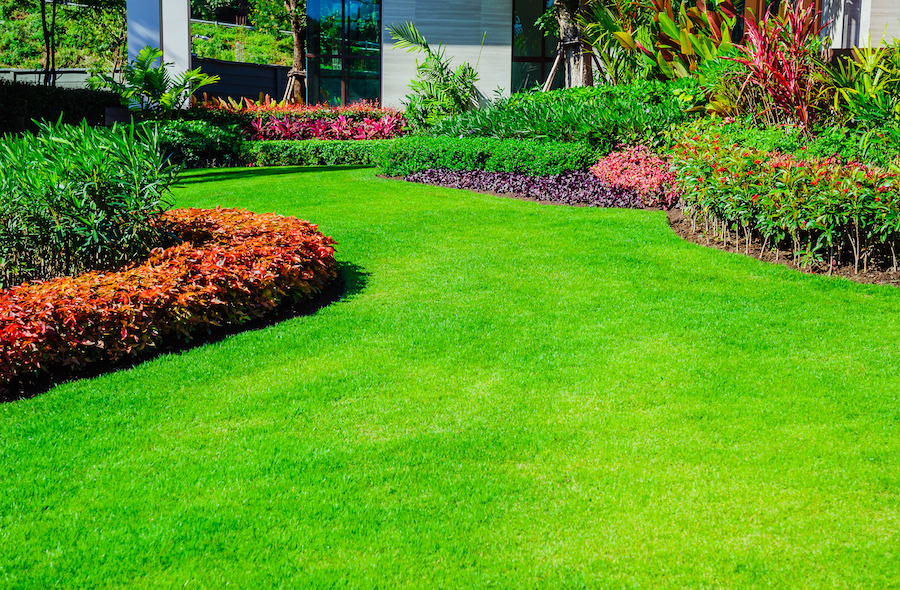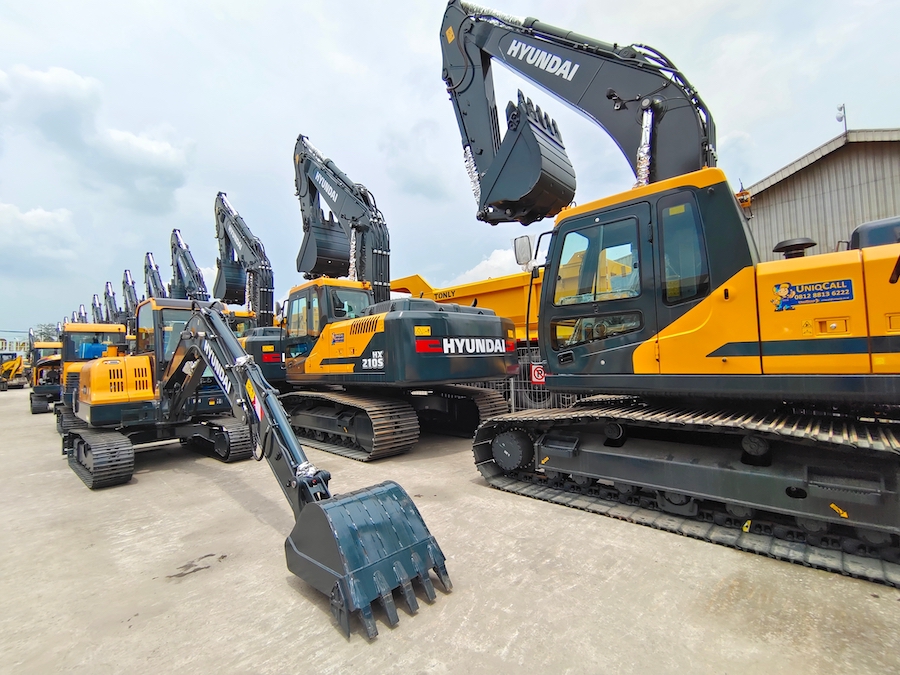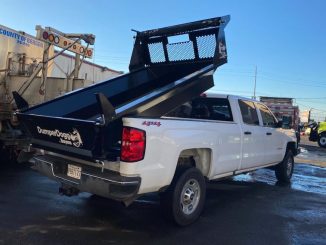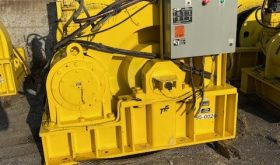
View the complete article here.
The lawn care and landscaping industry is stronger than ever. There’s a lot of contractors out there who are expanding—offering these services to their arsenal.
Sure, anyone—even on a tight budget—can go start a lawn care and landscaping business, but this doesn’t guarantee that it will be done right. The most experienced lawn care and landscaping contractors understand that the details matter.
In this article, we’re going to cover—what we believe—are the thirty most crucial tips for managing a lawn care and landscaping business.
Lawn Care Tips
Let’s start with lawn care—including grass types, mowing, blades, fertilizing, and more.
TIP #1: Grass types are not one-size-fits all! Choose the right grass type for your region and climate to ensure optimal growth and resistance to local pests and diseases.
TIP #2: Mow lawns at the appropriate height for the grass type selected—typically keeping it between 2.5 to 3.5 inches tall—in order to promote healthy root growth and prevent weeds.
TIP #3: Keep mower blades sharp for clean, even cuts that reduce stress on the grass and minimize the risk of disease.
TIP #4: Analyze the soil’s properties before initiating any treatment plans. Ignoring soil testing can lead to applying incorrect fertilizers and amendments, which not only wastes time and money but may also result in poor lawn health, patchy grass, or even damage to the turf. Conducting a soil test to determine pH and nutrient levels will ensure that your clients’ lawns will thrive and maintain their health.
TIP #5: Change your mowing pattern each time you mow to prevent soil compaction and encourage upright grass growth. Soil compaction should be avoided, because it restricts root growth, reduces water infiltration and aeration, and limits nutrient availability.

TIP #6: Use a mulching mower to return grass clippings to the lawn—providing natural fertilizer and reducing the need for additional nutrients.
TIP #7: Aerate a lawn annually to reduce soil compaction, improve water and nutrient penetration, and promote healthy root growth.
TIP #8: Overseed thin or bare areas in your lawn to improve its appearance and discourage weed growth.
TIP #9: Water a lawn deeply and infrequently—providing about 1 inch of water per week—to encourage deep root growth and drought tolerance.
TIP #10: Fertilize a lawn with a balanced, slow-release fertilizer according to your soil test results and the specific needs of your grass type.
Landscaping Tips
Now, let’s move on to landscaping—including tools and equipment, composting, plants, lighting, and more.
TIP #11: Don’t be cheap! Invest in quality landscaping tools and equipment—as they will last longer, perform better, and save you time and money in the long run.
TIP #12: Regularly maintain and clean your landscaping equipment to extend its lifespan and ensure optimal performance.
TIP #13: Consider battery-powered or electric equipment to reduce noise pollution, eliminate emissions, and lower operating costs.
TIP #14: Utilize a wheelbarrow or garden cart to transport heavy tools, materials, and debris—reducing strain on your body and increasing efficiency.
TIP #15: Create a compost pile or bin to recycle yard waste into nutrient-rich compost for your garden beds and lawns.

TIP #16: Use a landscaping fabric or thick layer of mulch in garden beds to suppress weed growth and conserve soil moisture.
TIP #17: Plant native species in your landscapes—as they are better adapted to local conditions and require less maintenance.
TIP #18: Incorporate drought-tolerant plants and xeriscaping techniques to reduce water usage and maintenance requirements.
TIP #19: Utilize landscape lighting to accentuate focal points, enhance safety, and extend the usability of your outdoor spaces.
TIP #20: Regularly prune trees and shrubs to maintain their health, shape, and size—as well as to minimize the risk of storm damage.
Lawn Care and Landscaping Business Management Tips
Now, how about managing a lawn care and landscaping business?
TIP #21: Even if you’ve already started your business, develop a solid business plan that outlines your goals, target market, services, pricing, and marketing strategies. This plan will serve as a roadmap for your business and help you scale stronger and faster.
TIP #22: Research and obtain any required licenses, permits, and insurance policies to operate your business legally and protect yourself from potential liabilities.
TIP #23: Purchase reliable, high-quality equipment that will not only help you complete jobs more efficiently but also create a professional persona for your business.
TIP #24: Implement an effective scheduling system that allows you to manage appointments, track employee hours, and avoid overbooking. Consider using scheduling software to streamline this process.
TIP #25: Do your due-diligence. Conduct market research and find out what your competitors are charging. Ensure that your prices cover your costs while remaining attractive to potential clients.

TIP #26: Don’t underestimate the power of marketing. Develop a marketing strategy that includes online advertising, social media, and direct mail.
TIP #27: Foster strong customer relationships—providing excellent service, prompt communication, and addressing any issues or concerns quickly. Satisfied clients are more likely to recommend your business to others and become repeat customers.
TIP #28: Keep accurate and organized financial records—including income, expenses, and tax information. Use accounting software or hire a professional accountant to help manage your finances and ensure compliance with tax regulations.
TIP #29: Stay up-to-date with industry trends, techniques, and equipment by attending workshops, conferences, and training sessions. This will help you maintain a competitive edge and provide the best possible service to your clients.
TIP #30: When it comes to lawn care and landscaping, teamwork is everything. For this reason, hire and train skilled employees who care about your business and customers just as much as you do.
Well, that’s all we’ve got for now. Stay tuned for more tips and in-depth guides.
View the complete article here.
What are some essential tips for lawn care and landscaping contractors?
For lawn care and landscaping contractors, some essential tips include understanding the needs and preferences of clients, creating detailed contracts, investing in high-quality equipment, and providing excellent customer service. It's also crucial to stay updated on industry trends, follow best practices for safety, and invest time in marketing and networking to grow the business.
Why is investing in quality equipment important for landscaping contractors?
Investing in quality equipment is crucial for landscaping contractors because it can increase efficiency, improve the quality of work, and reduce downtime due to equipment failure. Good equipment can also enhance the safety of the team. Therefore, it's an investment that can significantly impact the success and profitability of a landscaping business.













































